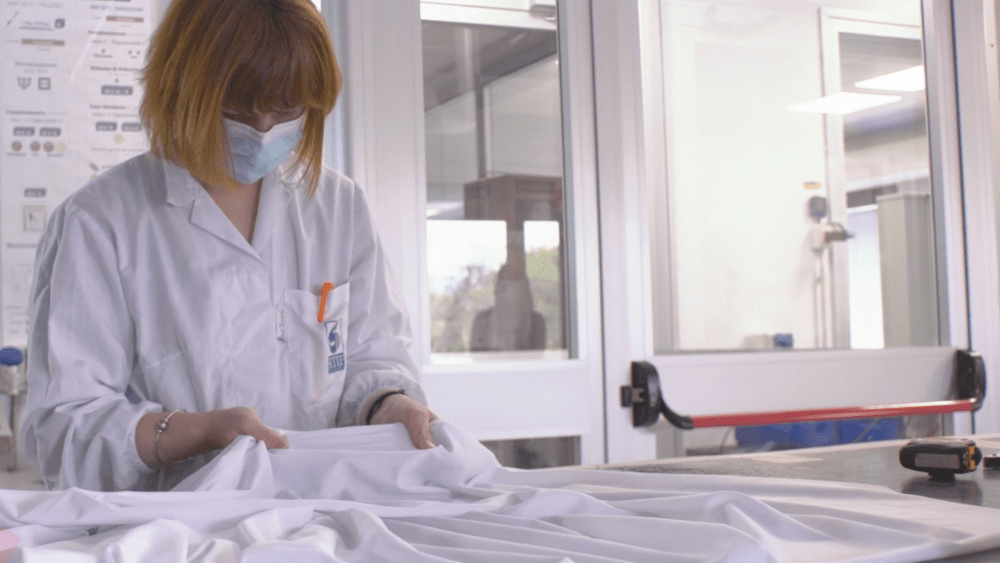MILAN — The European fashion industry raised serious concerns following President Trump’s confirmation on Saturday of a 30 percent tariff on all European goods effective June 1.
At the recent Milano Unica textile trade show, exhibitors expressed their worries, describing the mood as cautious and highlighting the challenges in forecasting the second half of the year.
Executives at Italian companies and associations are speaking up. “We are closely following the international debate on tariffs, which currently remains a hypothetical scenario and not yet confirmed, allowing us to consolidate our presence in our main markets and continue to offer quality solutions, innovation and reliability,” said Giancarlo Pezzoli, chief executive officer of Italy-based textile company Sitip Group. “Our strategy focuses on innovation, sustainability and valuable products, thanks to a solid supply chain in the territory.”
You May Also Like
Sitip is specialized in the production of high-performance and sustainable fabrics for sportswear and urbanwear markets and the industrial world.
It closed 2024 with a turnover of 98 million euros, in line with 2023, and it forecasts a growth between 7 and 10 percent for the upcoming years thanks to strategic investments mostly in sustainability, such as its goal to have all its companies ISO 14001 green certified by 2029.
According to Luca Sburlati, president of Confindustria Moda, in 2024 the textile and apparel sector exported over 2.75 billion euros worth of goods to the U.S., making it the third largest market for the sector. “Europe needs to collaborate and Italy requires clear industrial guidelines to protect the excellence of Made in Italy,” he stated in response to the latest news on tariffs.
Worries were expressed also by Lorraine Berton, president of the Italian Optical Goods Manufacturers’ Association, or ANFAO, who commented that if the tariffs are confirmed, in the next two years many companies will be forced to close. “It’s important from now on to know how to support them to avoid a collapse of the entire production system,” she said.



